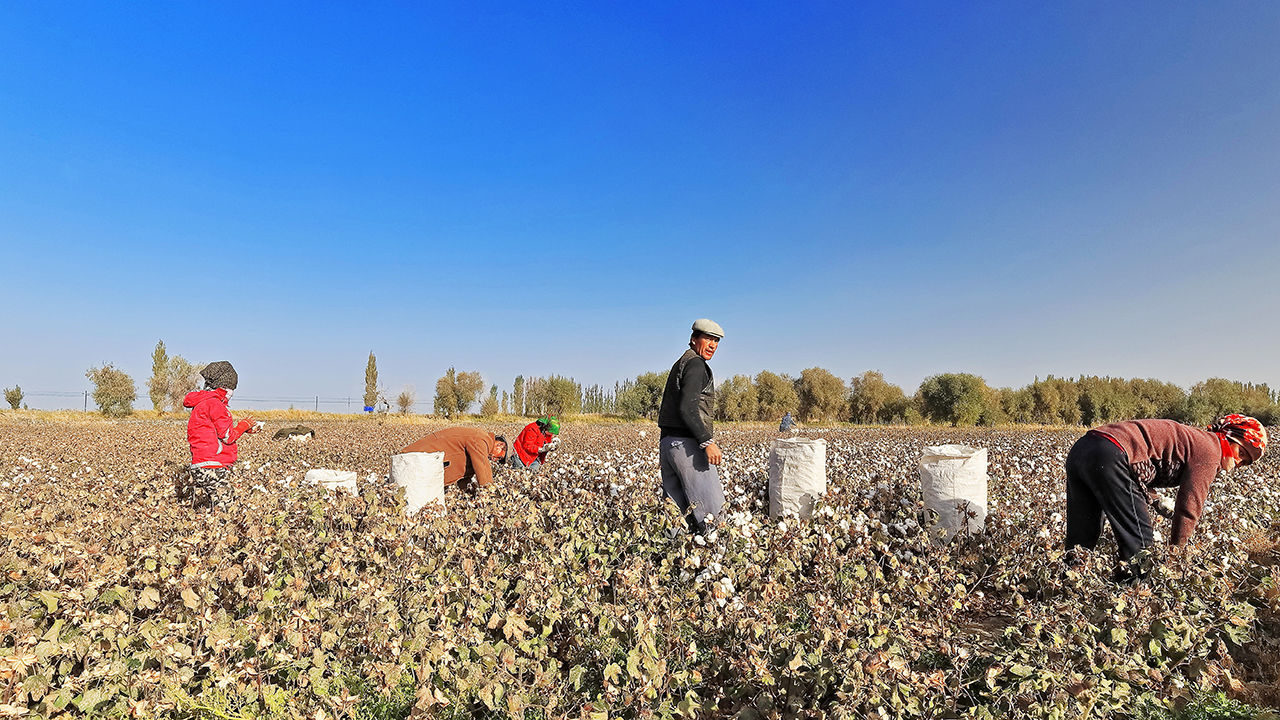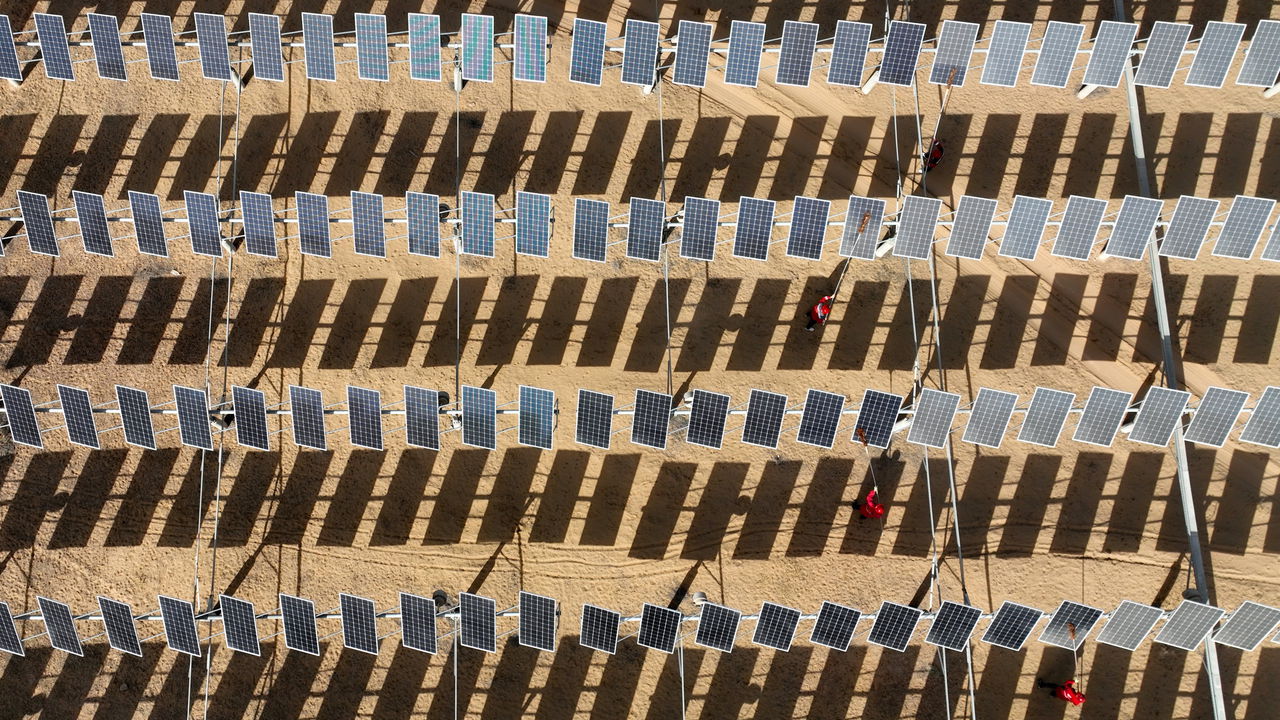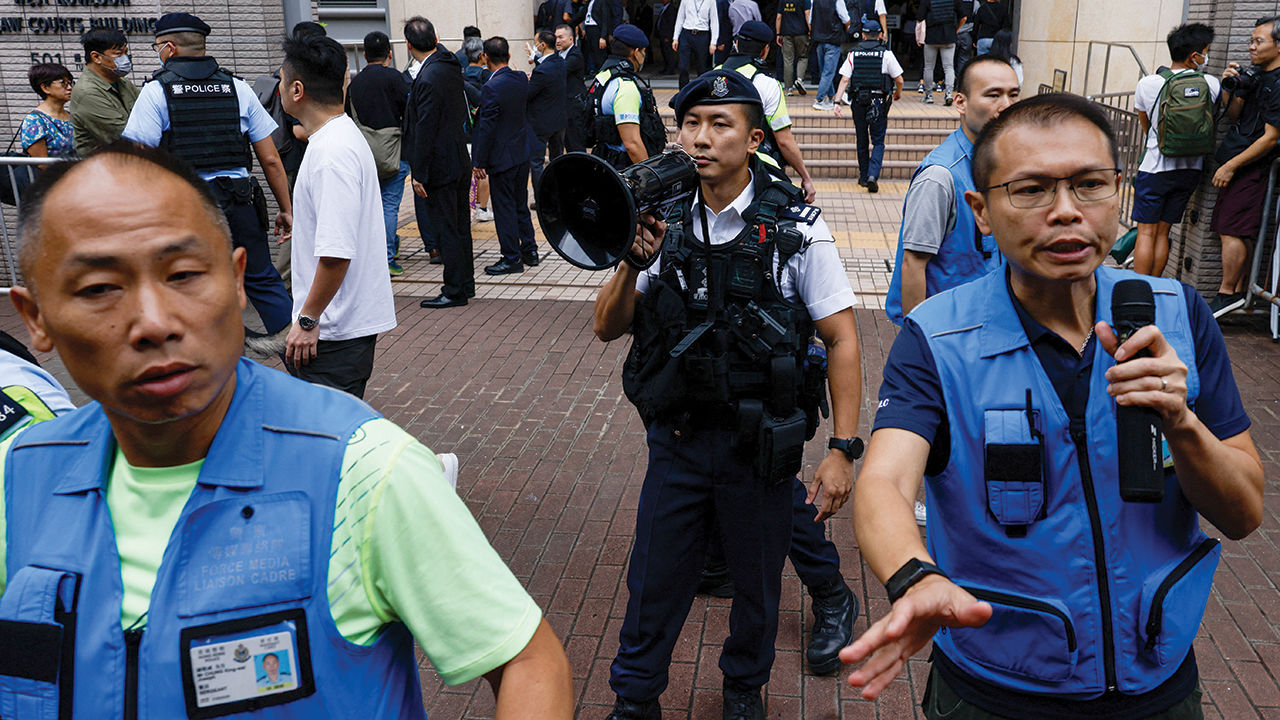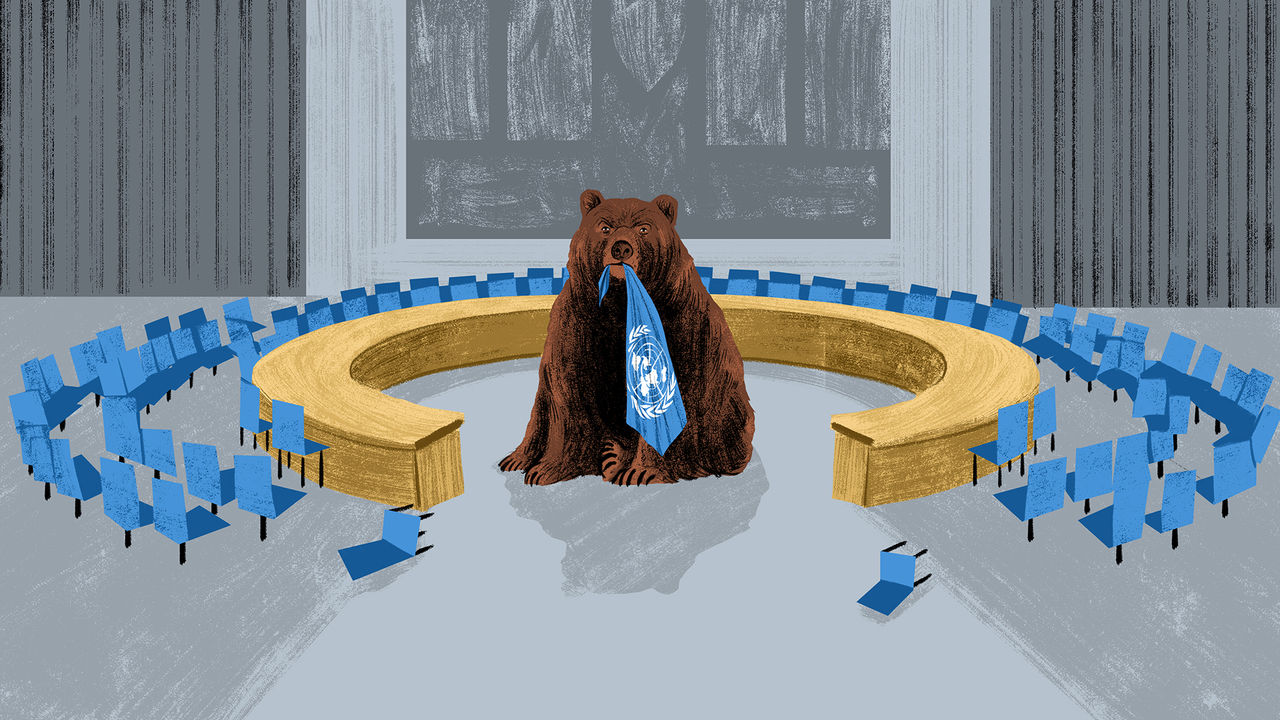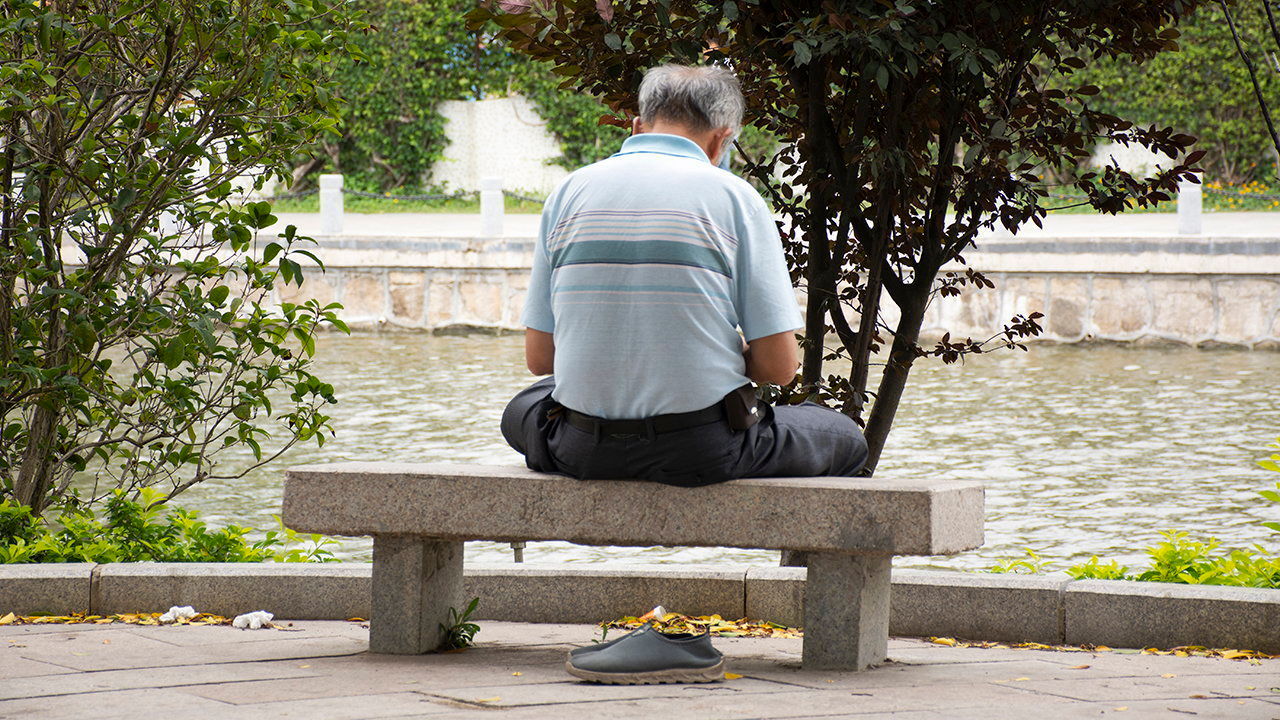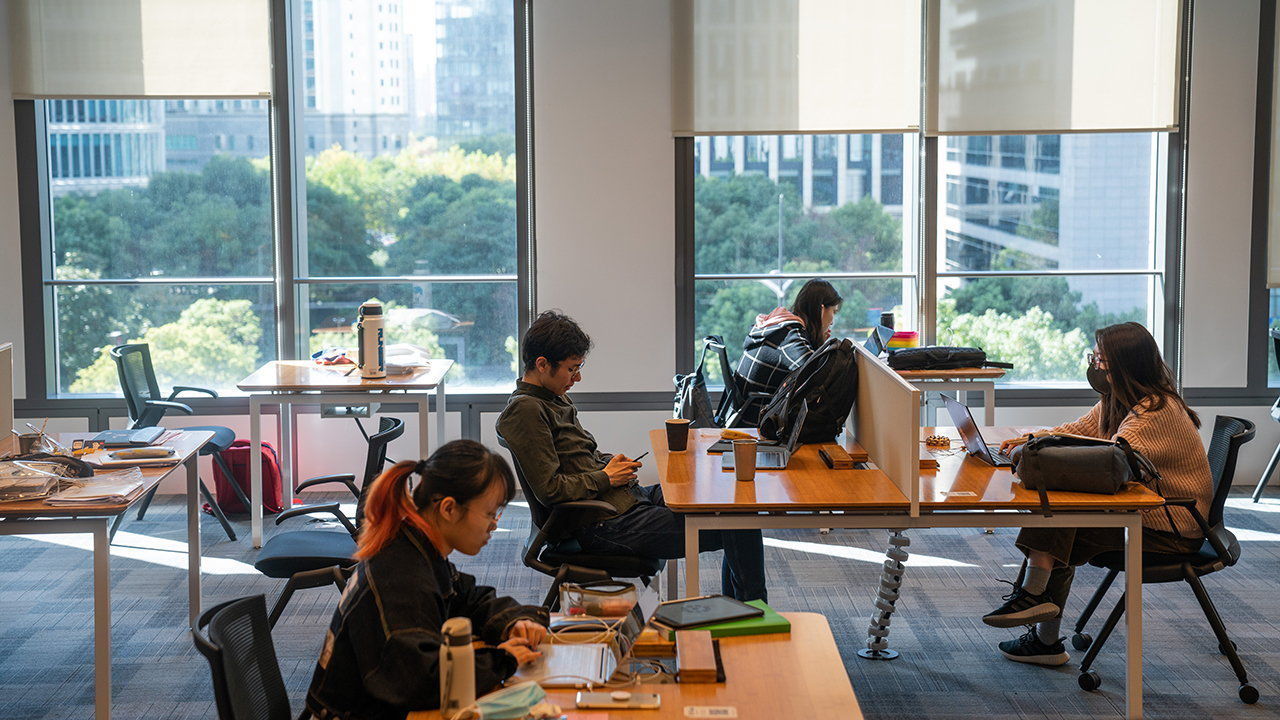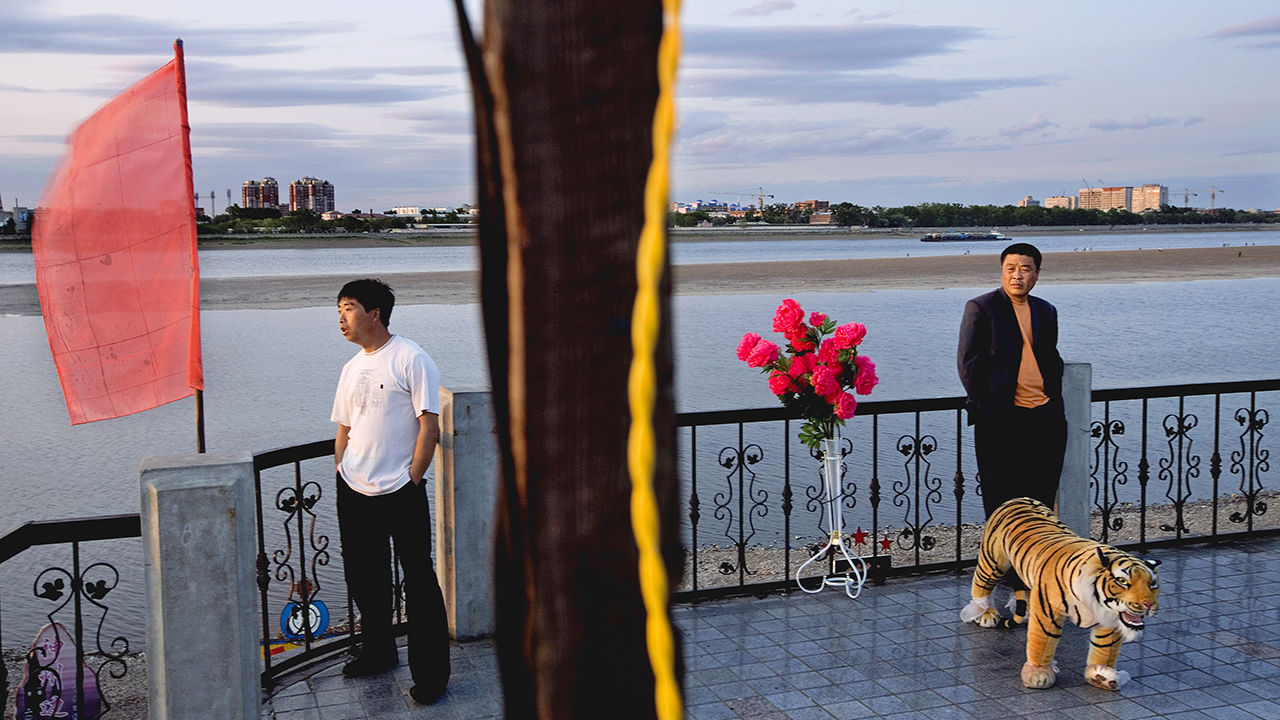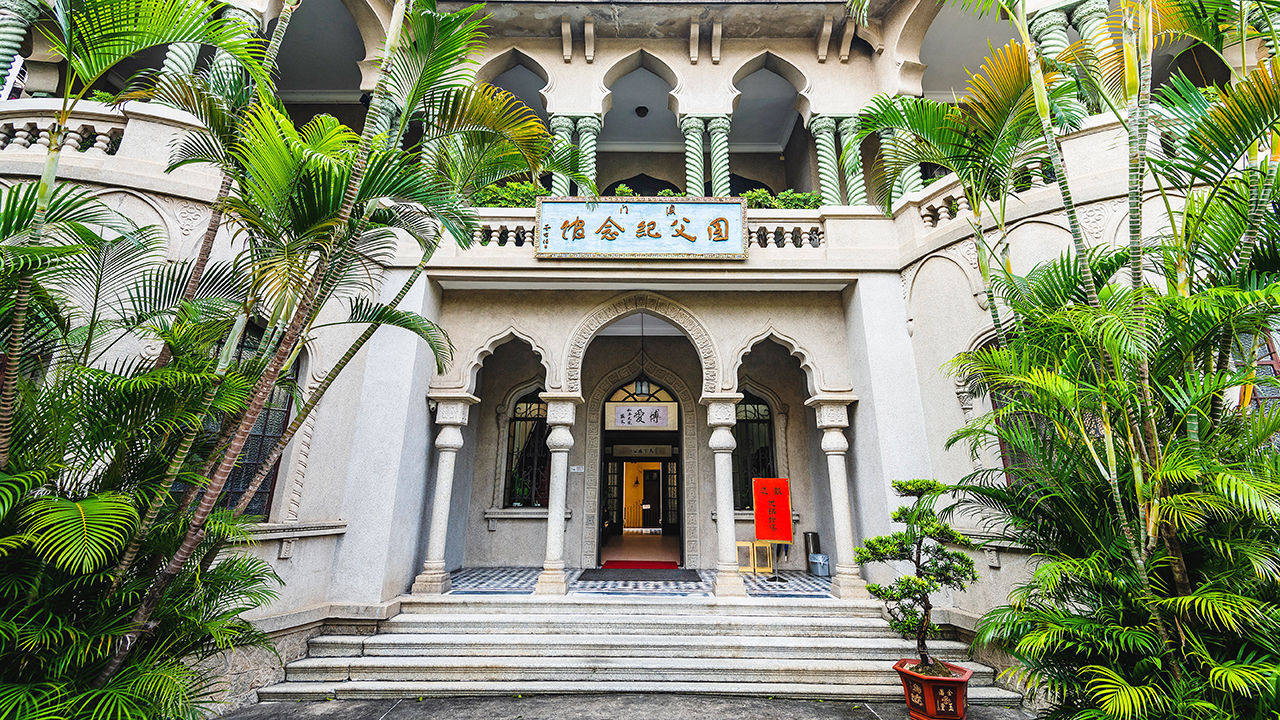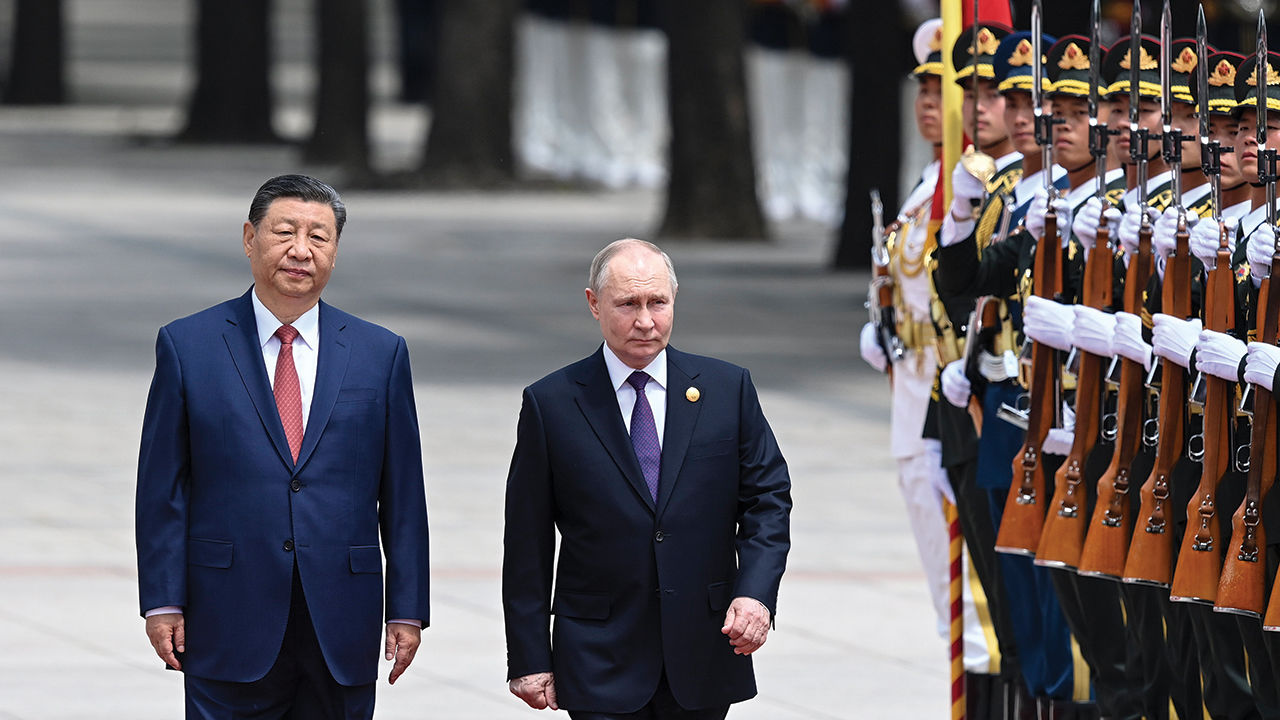In a village near the ancient Silk Road town of Yarkand, on the edge of the Taklamakan desert in the far-western region of Xinjiang, the gongzuodui has been busy. The term means “work team”. In Xinjiang it refers to a group of officials dispatched to a poor rural area to change the way Muslim residents live and think. In this village, called Konabazar, the team has been engaged in “ideological mobilisation”. The aim is to persuade reluctant farmers to head off and do other forms of work. The Economist
Month: May 2024
Has China reached peak emissions?
IN LATE 2022 the Chinese government dropped its strict controls over the spread of covid-19. That was good for the economy. Factories started humming again and more cars returned to the roads. For the same reasons, it was bad for the climate. In 2023 China’s carbon-dioxide emissions surged by 4.7%, to a record 12.6bn tonnes. China accounted for over a third of the world’s emissions last year. The Economist
Hong Kong convicts 14 pro-democracy activists
The three presiding judges wasted little time in presenting their verdicts in the case of the “Hong Kong 47”, members of the city’s pro-democracy political opposition. Over the course of two minutes on May 30th, the justices declared 14 of the defendants guilty of conspiracy to commit subversion in the biggest national-security trial in the city’s history. Thirty-one had already pleaded guilty. Two were acquitted. The Economist
How China uses Russia to chew up the UN
IN THESE GRIM and violent times, it may seem odd to fret about diplomatic dysfunction in the United Nations Security Council. But at its best, that forum is a bulwark against anarchy. Its five permanent members—America, Britain, China, France and Russia—are balanced by a further ten governments elected to two-year terms. Responding to crises both large and obscure, council resolutions have over the years imposed sanctions, peacekeeping missions, arms embargoes or, at a minimum, international scrutiny on tyrants, terrorists and coup leaders who might otherwise enjoy complete impunity. The Economist
Why Hong Kong is sending its old people to Guangdong
Yee Hong Heights, just outside the city of Shenzhen, looks more like a mountain retreat than a care home. Its 260 residents can wander through gardens fringed with palm trees. But the classes on how to use an iPad are perhaps more important. Some 70% of the residents come from Hong Kong. The training allows them to talk with their children back in the city. The Economist
The number of American students in China is going up again
ON HIS VISIT to China last month Antony Blinken, America’s secretary of state, spent time talking to students at New York University’s Shanghai campus. Both countries, he said, needed to develop “rising generations who know each other, who know about each other and, hopefully, who understand each other”. For America that has become more difficult. The number of American students studying in China fell from a high of around 15,000 in the 2011-12 school year to a low of around 300 during the covid-19 pandemic. The Economist
Even Xi Jinping is struggling to fix regional inequality
TO UNDERSTAND WHAT China’s leaders care about, look at where they travel. Earlier this month Li Qiang, the prime minister, spent three days in Xinjiang, a poor area in western China where he ordered local authorities to boost incomes and employment. At the same time Mr Li’s deputy, Ding Xuexiang, went to Shenyang, a city in China’s north-eastern rustbelt. Mr Ding called for the region’s “revitalisation”. Two weeks before all that, the supreme leader, Xi Jinping, presided over a symposium in the city of Chongqing where he heralded a “new…
How Taiwan still hangs on to property in bits of China
THERE ARE few places within China’s borders where displaying Taiwan’s national flag is allowed. One is the Sun Yat-sen Memorial House, a museum in Macau where more than a dozen Taiwanese standards are on display. Some are near the entrance and visible to pedestrians outside. There are also two enormous posters that declare Taiwan “the Heart of Asia” (a Taiwanese tourism logo). In a reading room one finds newspapers and magazines published by Taiwan’s government. The Economist
The Xi-Putin partnership is not a marriage of convenience
IN MARCH LAST year China’s leader, Xi Jinping, paused at the door of the Kremlin. Before bidding farewell to Vladimir Putin, he offered him a final thought. Using the phrase bainian bianju, shorthand for what China views as a historic change in the world order, Mr Xi said: “Let us promote it together.” On May 16th the two leaders met for the 43rd time. Russia has become an ever more important partner in China’s push against American might. Economic ties have been growing stronger and there are signs of deepening…
Why young Russian women appear so eager to marry Chinese men
IN THE EARLY stages of China’s history as a communist state, the Soviet Union was often referred to as Sulian dage, or Soviet big brother. China relied on it for weapons, funding and political support. In many ways the roles have now reversed. Russia’s president, Vladimir Putin, is expected to meet his Chinese counterpart, Xi Jinping, this month in Beijing. China has been accused of propping up Mr Putin’s war machine. The Economist
